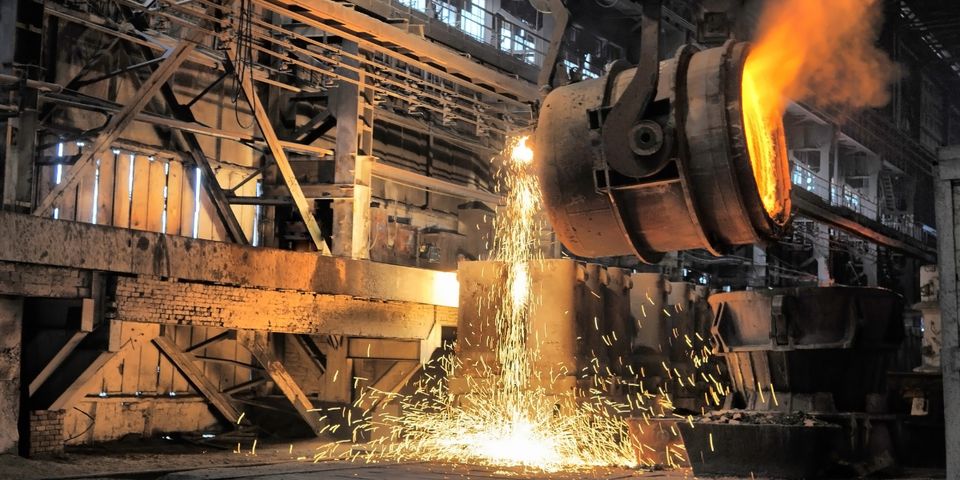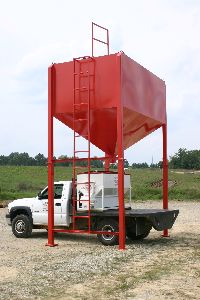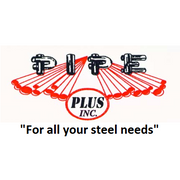
In many respects, the modern world is built on steel, which is used in everything from kitchen utensils to building frames. The flexibility, durability, and corrosion resistance of this alloy make it ideal for a broad range of applications, but many people aren’t sure how it’s made. The following guide offers a brief overview of how steel processing plants produce this strong, versatile material.
What Is Steel?
Steel is an alloy comprised of iron and 0.002% to 2.1 % carbon by weight. It also includes trace amounts of silicon, phosphorus, sulfur, and oxygen. Due to the way carbon bonds with steel on an atomic level, the resulting metal is much stronger, more flexible, and harder than pure iron. Adding elements like nickel, molybdenum, manganese, titanium, boron, and cobalt enhances certain properties of the metal, like its flexibility and strength.
How Is Steel Made?
Oxygen Blast Furnaces

Blast furnace technology dates back to the 1800s, and the core principles of this steel processing method remain unchanged to this day. Today’s furnaces are usually shaped like cylinders and are lined with heat-resistant bricks. A mixture of iron ore, coke, and limestone is poured in through the top, while oxygen is fed through a lance into the bottom of the solution.
The oxygen binds with impurities in the iron to produce an exothermic reaction, which increases the heat levels inside the furnace. Limestone reacts to other impurities, eventually collecting at the bottom in the form of slag. Coke, which is usually made from coal, leaves carbon behind as it burns.
Electric Arc Furnaces
Unlike blast furnaces, electric arc furnaces are typically used to reuse scrap steel, which is highly recyclable. In these systems, scrap steel material is loaded into a container with a lid that contains electrodes. These particles deliver a powerful electrical current that melts the steel inside the barrel. Manufacturers will add minerals like chromium and nickel to produce metals with unique characteristics. These substances enhance corrosion resistance and produce stainless steel. Either process can produce large quantities of high-quality steel, depending on the materials used.
Whether you’re building a fence or need custom equipment for your farm, Pipe Plus Inc. has the products and fabrication expertise you need. Their highly skilled steel processing team offers a variety of ready-made materials to homeowners, farm owners, and business owners throughout Missouri, Arkansas, Kentucky, Oklahoma, Iowa, Texas, and Kansas. Connect on Facebook for updates and news, or call (417) 469-5292 to discuss your project with a member of their team.
About the Business
Have a question? Ask the experts!
Send your question

